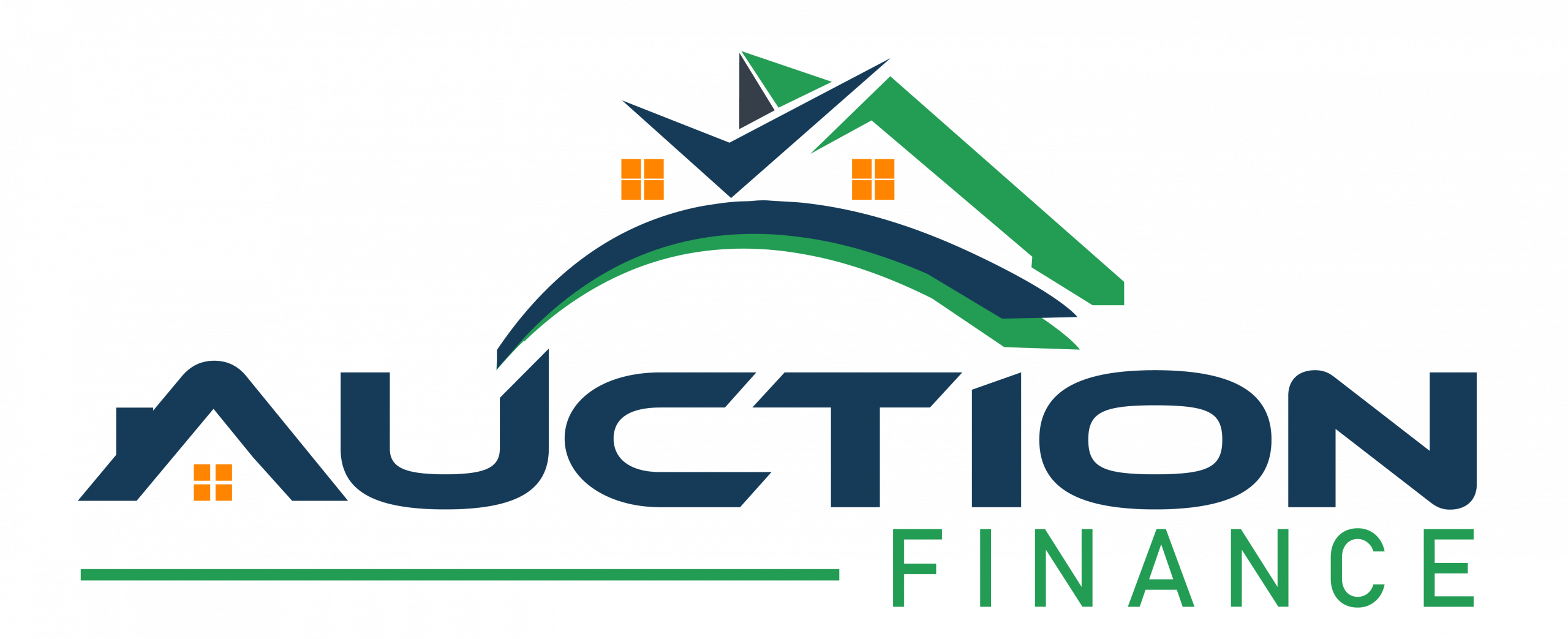Choosing the right mortgage structure for your buy-to-let investments can significantly impact your profitability, tax efficiency, and growth potential. With more investors now opting to purchase property through a Special Purpose Vehicle (SPV) rather than individually, understanding the pros and cons of each approach has become essential.
In this guide, we explore the differences between SPV and personal buy-to-let mortgages, examining their financial implications, lending criteria, tax considerations, and practical insights to help you decide what’s best for your investment goals.
What is an SPV Mortgage?
Benefits of an SPV Mortgage:
- Tax Efficiency: Mortgage interest is fully deductible as a business expense, reducing corporation tax.
- Limited Liability: Directors and shareholders benefit from personal protection against financial losses.
- Improved Borrowing Potential: Income assessed purely on rental yield rather than personal income.
Potential Drawbacks of an SPV Mortgage:
- Higher Interest Rates & Fees: Typically, SPV mortgages have slightly higher rates than personal buy-to-let mortgages.
- Additional Administration: Annual accounts, tax returns, and company compliance are required.
What is a Personal Buy-to-Let Mortgage?
Personal buy-to-let mortgages involve borrowing in your individual name rather than via a limited company. Traditionally popular due to lower interest rates, personal mortgages have changed significantly since recent tax legislation reforms.
Benefits of Personal Buy-to-Let Mortgages:
- Lower Interest Rates: Usually more competitive than SPV mortgages.
- Simpler Administration: Easier to manage as no company accounting is required.
Potential Drawbacks of Personal Buy-to-Let Mortgages:
- Tax Limitations: Mortgage interest relief restricted to basic rate (20%), potentially reducing profitability for higher-rate taxpayers.
- Unlimited Personal Liability: Investors are personally liable for debts and losses.
Key Differences Between SPV and Personal Mortgages
| Aspect | SPV Mortgage | Personal Mortgage |
|---|---|---|
| Interest Relief | 100% deductible as business expense | Basic-rate tax relief only (20%) |
| Liability | Limited (within the company) | Unlimited personal liability |
| Mortgage Rates | Typically higher | Usually lower |
| Administration | Higher (company filings) | Minimal administration |
| Lending Criteria | Rental income & SIC codes | Personal affordability checks |
Real-Life Case Study: SPV vs Personal Mortgage
Investor: Michael
Investment Goal: Build a portfolio of five properties over five years.
Scenario 1: Personal Mortgage
- Property Value: £200,000
- Mortgage: £150,000 at 4.5%
- Annual Rental Income: £15,000
Annual Costs:
- Interest: £6,750 (but relief limited to basic rate)
- Net Income (higher-rate taxpayer): Significantly reduced due to tax restrictions.
Scenario 2: SPV Mortgage
- Same property and rental income.
- Interest fully deductible (£6,750)
- Corporation tax lower due to full relief.
Result:
Michael opts for an SPV structure, saving thousands each year in tax and maximising his returns. Despite slightly higher rates and additional administrative costs, the tax efficiencies outweigh the extra costs.
Which Option is Best for You?
Choosing between an SPV and a personal mortgage depends on factors like your income tax bracket, investment strategy, portfolio goals, and desired administrative workload.
SPV Mortgage Ideal For:
- Higher-rate taxpayers or portfolio landlords.
- Investors seeking tax-efficient growth and personal liability protection.
- Long-term property portfolio development.
Personal Mortgage Ideal For:
- Basic-rate taxpayers or smaller-scale landlords.
- Investors looking for minimal administration.
- Those seeking the lowest possible interest rates.
Expert Tips for Choosing Your Mortgage Structure
- Assess Your Tax Position:
Consult with an accountant to evaluate the impact of tax changes on your portfolio. - Compare Interest Rates & Fees:
Factor in both immediate costs and long-term savings when comparing mortgages. - Consider Your Long-Term Goals:
Choose a structure aligned with your investment growth objectives. - Professional Advice: Always speak with a specialist mortgage broker to understand lender criteria and market rates.
FAQs
A: Yes, but it typically involves selling your property to the SPV, which may trigger stamp duty and capital gains tax. Seek professional tax advi
A: Generally, yes, slightly higher interest rates apply, but tax advantages usually outweigh these costs.
A: Yes, an accountant is essential to manage company accounts and annual filings for compliance.
A: Yes, though lending options may be more limited; professional advice can help you navigate lender requirements.






